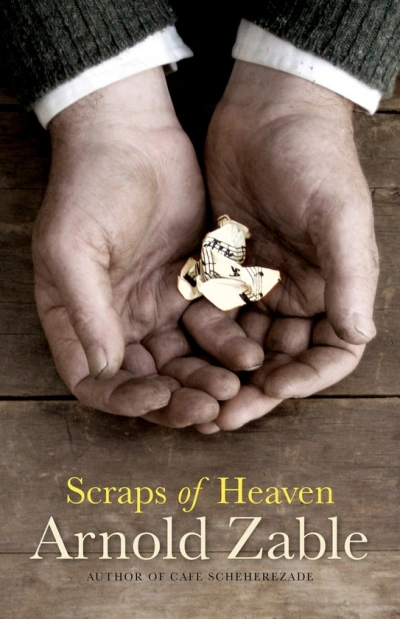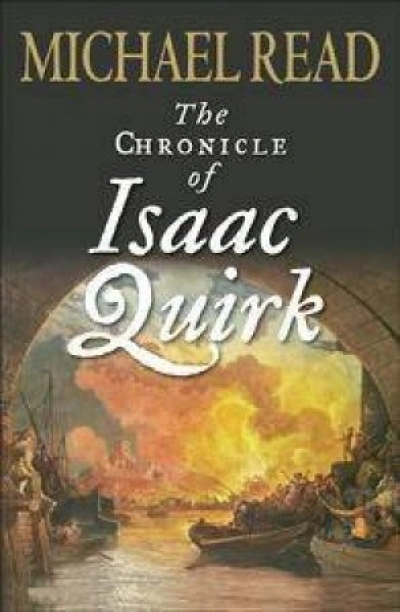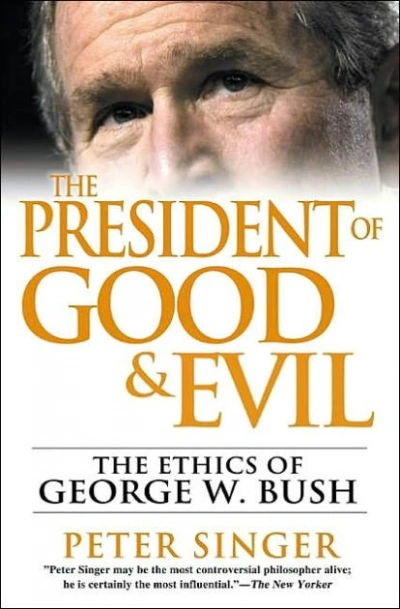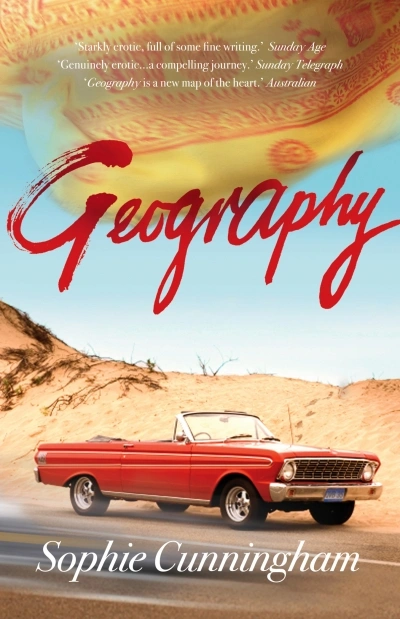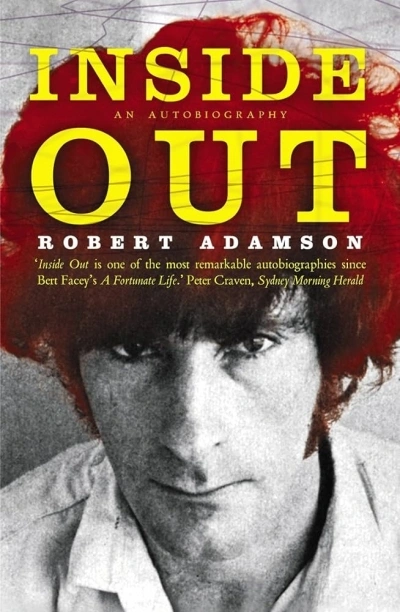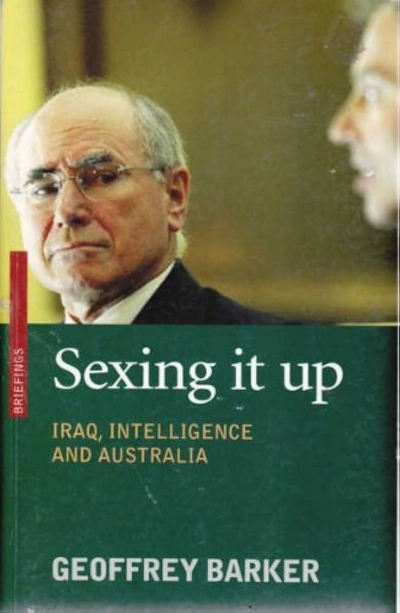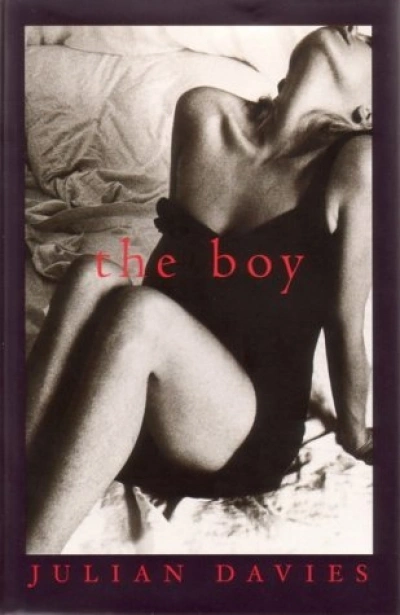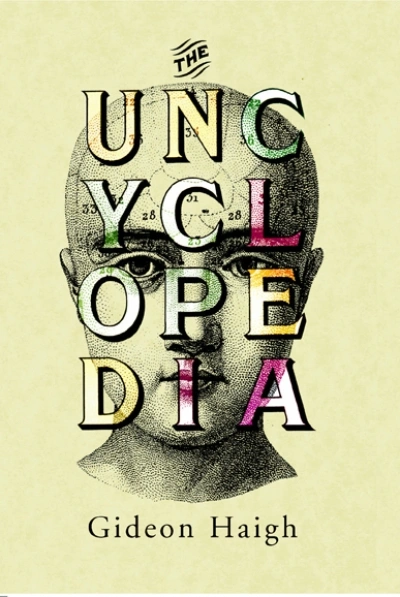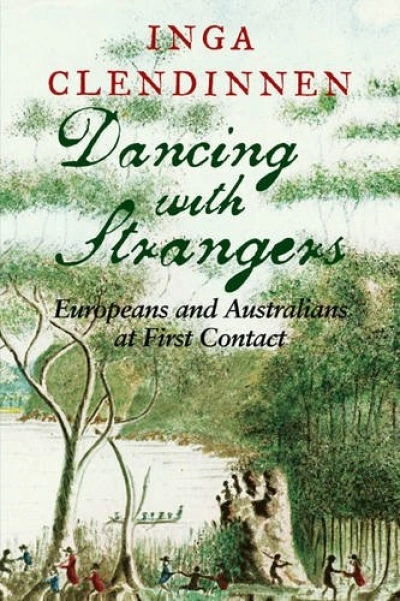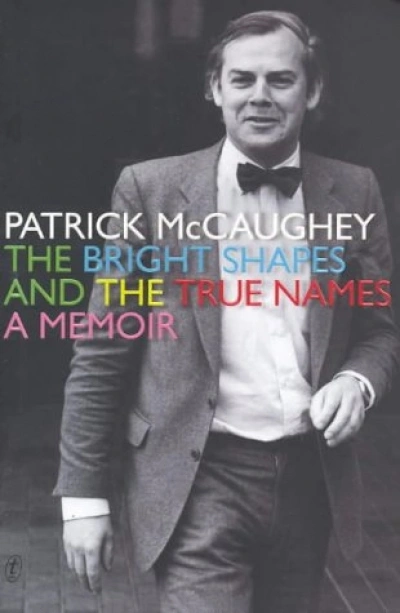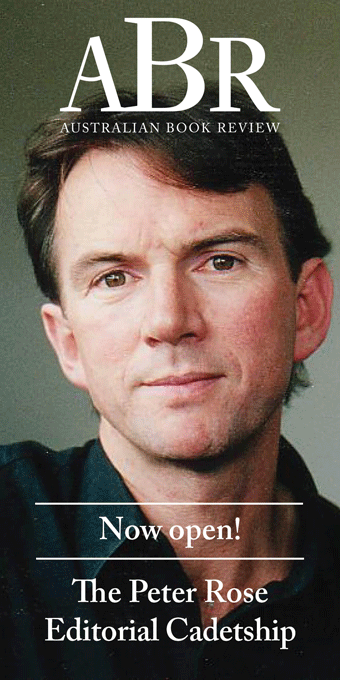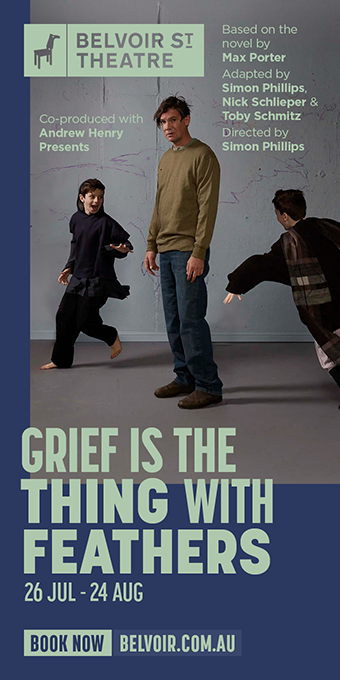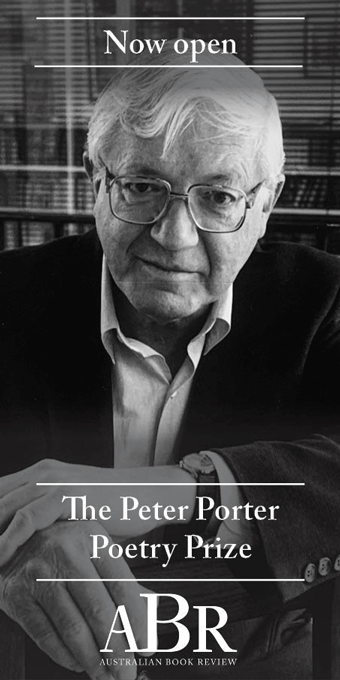Text Publishing
The President of Good & Evil: The ethics of George W. Bush by Peter Singer
by Raimond Gaita •
Sexing It Up by Geoffrey Barker & Why the War was Wrong edited by Raimond Gaita
by Nathan Hollier •
The Uncyclopedia by Gideon Haigh & Names From Here and Far by William T. S. Noble
by Fred Ludowyk •
The Bright Shapes and the True Names: A Memoir by Patrick McCaughey
by Chris Wallace-Crabbe •


